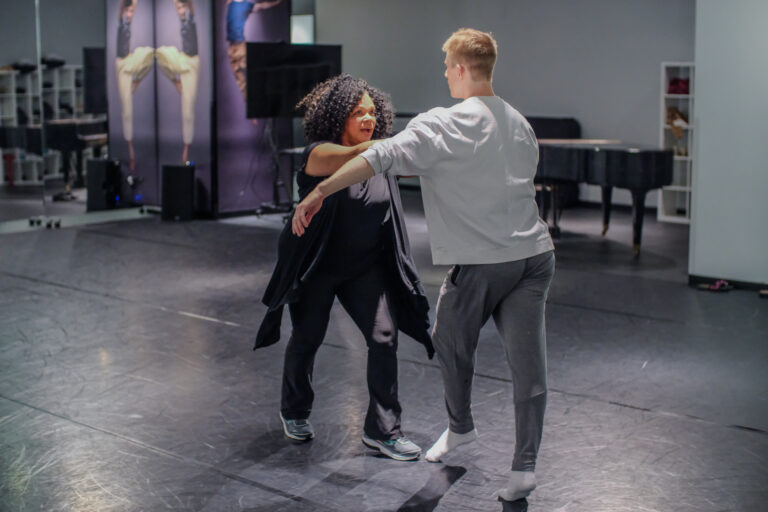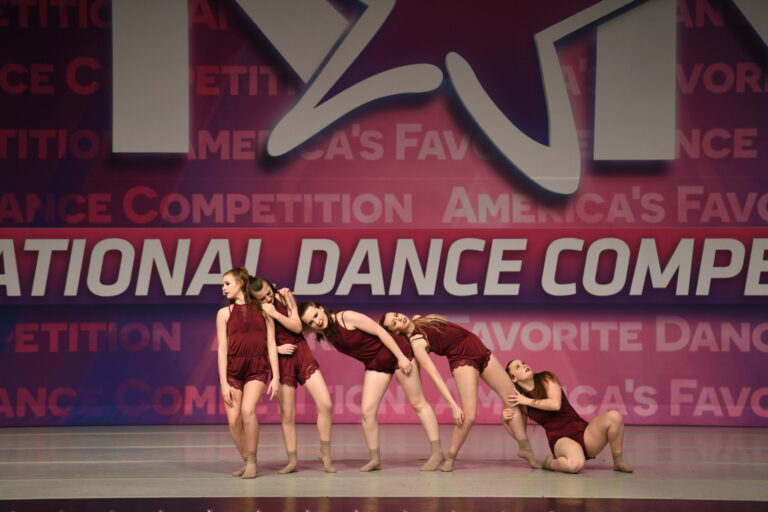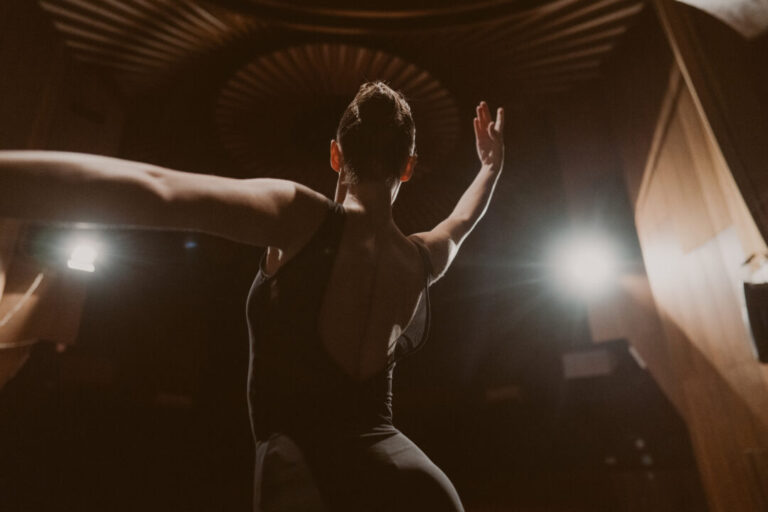
Having had a late start in dance (he took his first dance class as a freshman at the University of Washington in Seattle at 19 years old), Francisco Gella knows firsthand what it takes to beat the odds and flourish as a performer. With a BA in dance, the 24 Seven Dance Convention teacher encourages his dancers to get a college degree. His impressive resumé includes performing with Repertory Dance Theatre, Philadanco and Ballet Pacifica. —Haley Hilton
Dance Teacher: How do you overcome the challenges of teaching ballet in a convention setting?
Francisco Gella: When I first started teaching convention classes, I was aware that ballet would not be an easy sell. What I find is most effective in keeping students’ attention is to teach them that ballet is a reflection of their character. They need to understand that it’s a discipline that will challenge them and require them to fight for things, but what self-serving artist would quit something just because it was hard? They are better than that. Once they understand this, they come to class with the fire and drive to learn.
DT: What things should studio owners do to better prepare their students for professional careers?
FG: A good portion of competition students have dreams of attending Juilliard or The New School one day. While I will always advocate for more ballet for students with these aspirations, what I really feel they need more of is modern. That’s where they get cut in college auditions. Implementing changes in the studio curriculums to include modern, and being more aware of what is out there, will make a big difference in helping students reach their goals.
DT: What’s something you wish competition dancers knew about ballet?
FG: In ballet, many dancers are made to feel bad about their body types. Most convention dancers know this, and they know they will likely never have the “perfect” body type, and so they are discouraged from the style. What I wish they knew is that if someone honors the classical idiom with integrity, the audience can’t help but notice the dancer regardless of their body type. If they can execute technique with precision, and connect their performance to their dancing, it shouldn’t matter. It’s all about how they’re working.




